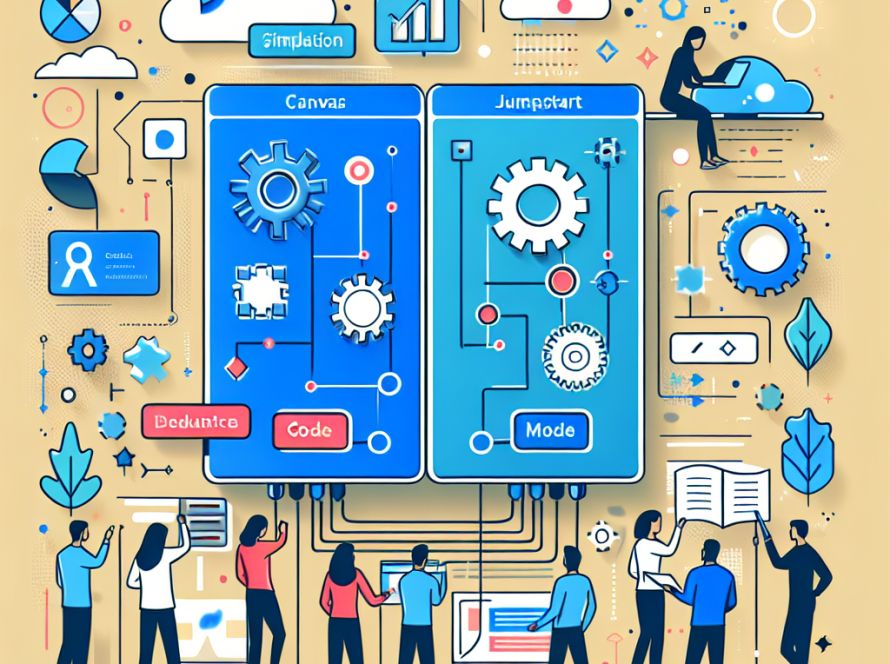The Retrieval-Augmented Generation (RAG) pipeline is a complex process that involves generating embeddings for queries and documents, retrieving relevant documents, analyzing the retrieved data, and generating the final response. Each step in the pipeline requires its unique set of tools and queries, making the process intricate, time-consuming, and prone to errors.
The development of the RAG pipeline involves the use of several different tools and technologies. For instance, creating embeddings might necessitate the use of a machine learning library like HuggingFace Embeddings, while the retrieval of documents could be facilitated through a search engine such as Elasticsearch. Subsequent stages of analysis and generation can use different natural language processing (NLP) tools. These steps not only significantly complicate the workflow but also require a seamless and efficient method to implement RAG workflows.
The Korvus project aims to streamline the RAG pipeline by offering a simplified end-to-end workflow. Unlike the traditional method, Korvus integrates the entire process into a single SQL query executed within a Postgres database. This approach negates the need for multiple external services and tools, thus reducing developmental intricacy. This also introduces potential enhancements in speed and efficiency of execution by leveraging the machine learning capabilities within a Postgres database, known as PostgresML.
Taking advantage of PostgresML, Korvus handles all stages, right from embedding generation to retrieval, analysis, and response generation within the database. This in-database operation mitigates data transfer overhead between various tools and services. The simplified process can manage large datasets while minimizing latency.
Korvus also offers multi-language support that includes Python, JavaScript, Rust, and C among others. This feature enables the integration of Korvus into pre-existing projects, irrespective of the language used. Abstracting the RAG pipeline complexities into a single SQL query not only simplifies the development procedure but also eases the application search maintenance process.
Although the performance of Korvus is yet uncalibrated, its effectiveness is evident from its state-of-the-art features. The innovative tool applies the in-database processing procedure to completely eliminate the need for external services and reduce latency, enhancing execution speed. With the single-query method, debugging and optimization become simpler, enabling a more straightforward pipeline improvement process.
To conclude, Korvus presents a solution to the challenges of building and maintaining a RAG pipeline. The system simplifies the workflow by incorporating all steps into a single SQL query that is executed within a Postgres database. Leveraging PostgresML for in-database machine learning, Korvus reduces complexity, minimizes latency, and potentially enhances performance. Providing multi-language support, the open-source tool offers developers flexibility and efficiency when handling large datasets and complex search applications.


